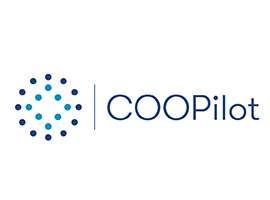
Notice: Undefined variable: partner in /var/www/vhosts/staging.alda-europe.eu/httpdocs/wp-content/themes/bootstrap-basic4-child-theme/template-parts/content.php on line 37
AT A GLANCE
The project is designed to provide innovative responses for youth employment challenges in the European Union, through the promotion of cooperative entrepreneurship.
It will involve all key stakeholders on this issue in the process and the activities of the project, i.e. academic institutions, cooperatives, social economy networks and public authorities. It will start by an identification of needs and constraints in the selected countries for the implementation of training sessions (Malta, Slovenia, Romania, Bulgaria, Greece and Cyprus), where the cooperative movement is less developed.
Then, the partners located in countries where the cooperative movement is well established (France, Italy and Spain) will design appropriate solutions (practical training models and an online course) based on the most adequate approach and methods. The replication’s potential of the outcomes of the preliminary phases of the projects will be tested at the occasion of six training sessions in the above-mentioned selected countries. In the meantime, communication and dissemination actions will pursue the core objective of leaving a lasting legacy for the project, thus raising awareness on the cooperative model, and transferring entrepreneurship knowledge, skills and attitude to trainers and young people.

OBJECTIVES
Reuniting three academic institutions, four social economy actors, two European networks and two public bodies, this proposal’s main objective is to promote efficiently the cooperative model throughout education and training, across EU Member States.
Objective 1: Research and assessment of the ecosystem for cooperatives and entrepreneurship in the host countries for the pilot project.
Objective 2: Following the drafting of the reports, academic and cooperative partners will together create or adapt courses and methods to offer appropriate solutions to targeted countries.
Objective 3: In order to re-use on a wider scale the deliverables, knowledge and skills will be transferred to target groups.